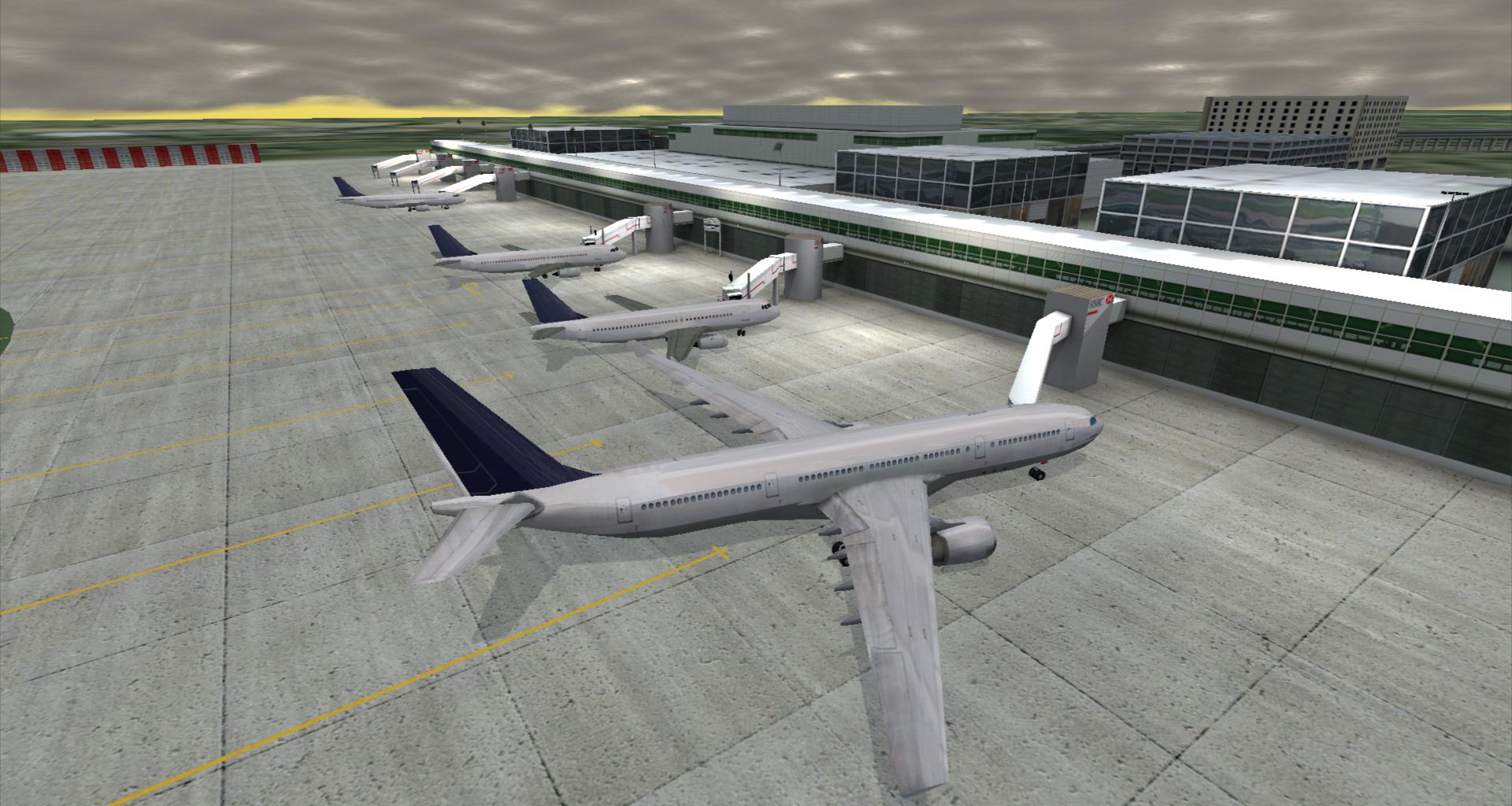How XVR can help aviation incident preparedness
By John Damen – From plane crashes to terrorist threats, Airport Operations departments have to deal with a variety of complex, often interconnected safety and security risks. In this blog post, I will explain how virtual reality training can help Airport Operations to improve their incident preparedness.
Operating an airport in today’s environment is like running a small city. Topics in airport operations vary from handling passengers, baggage, cargo and mail, to aircraft handling and loading, load control, airside management and safety and aircraft movement control.
While minor incidents may occur on a daily basis at airports, the biggest threats to continuity of operations and passenger safety come from major – but less frequent – incidents such as large fires, plane crashes and terrorist threats.
Precisely because these major incidents occur less frequently in real life, Airport Operations staff get less opportunity to gain practical experience in dealing with these incidents. In order to keep up with compliance and maintain adequate incident preparedness Airport Operations needs a comprehensive structural approach to training, in order to help their staff to:
- Know the proper emergency procedures;
- Know their way around the airfield and airport facilities and systems;
- Develop the ability to assess complex situations and make effective decisions under pressure.
Virtual reality simulation is a powerful tool to achieve this.
Building skills with virtual reality
XVR Simulation has built an extensive track record of virtual reality training at major airports and with airport operators, such as Lisbon, Gatwick, Dubai International Airports, AFS Schiphol and ISAVIA Iceland. Working with these organisations, XVR Simulation has proven itself in training applications such as:
- Airport familiarization;
- Runway incursion training;
- Aircraft handling exercises;
- Fuelling safety;
- Crash passenger management & casualty care.
Specific benefits of virtual reality training for Airport Operations
What makes virtual reality training particularly useful for Airport Operations, is its ability to:
- Reconstruct past incidents to create learning experience for the future;
- Create realistic scenarios of safety risks that are very sector-specific;
- Develop situational awareness;
- Develop recognised (primed) decision making, allowing incident responders to act effectively and decisively during emergencies.
The results we have achieved so far, the very positive responses from the trainees and the amount of interest in the market, strengthen my conviction that virtual reality is the future for training safety procedures, incident response and crisis management in Airport Operations.
Are you active in this sector and would you like to know more about the benefits of virtual reality for your training needs? Feel free to contact us at info@xvrsim.com.




.png?resolution=400x375)